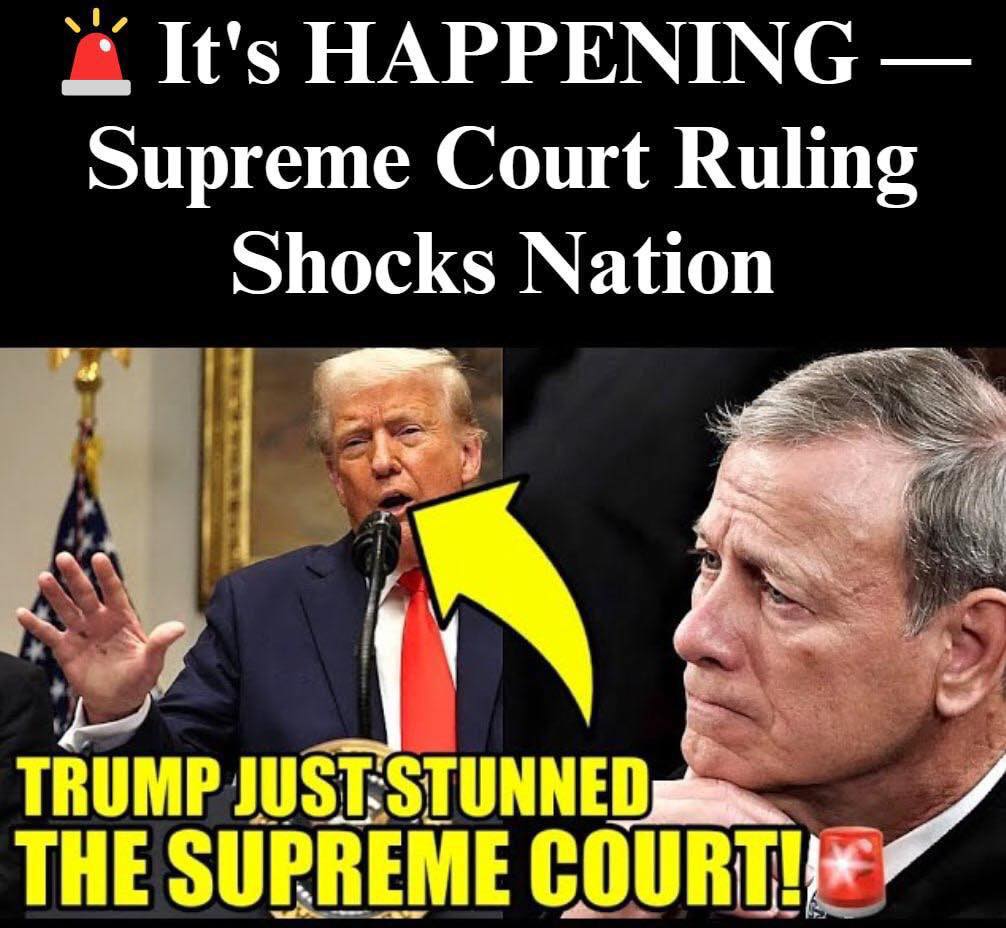President Donald Trump’s ability to swiftly deport suspected members of a Venezuelan gang under the Alien Enemies Act has been temporarily blocked by a divided federal appeals court.
On Wednesday, the DC Circuit Court of Appeals panel decided 2-1 that two lower court orders that prohibit Trump from using the broad wartime authority can remain in effect while a legal challenge to the president’s use of the law is pending.
Since they were issued on the evening of March 15, US District Judge James Boasberg’s orders prohibiting the use of the Alien Enemies Act for deportations have been at the center of a growing legal and political controversy. There are still concerns about whether Boasberg’s court order was willfully disregarded after two flights of individuals being deported under the act took off during an emergency hearing and failed to return.
Boasberg and the Justice Department have since argued over DOJ’s reluctance to provide additional details regarding the flights, and Trump has called for Boasberg’s impeachment. Chief Justice John Roberts issued a rare rebuke as a result.
In order to expedite the deportations of migrants the government has accused of belonging to the gang Tren de Aragua, Trump invoked the Alien Enemies Act of 1798, which grants the president extensive authority to target and remove undocumented immigrants. The law is intended to be used in the event that the United States and another country are at war, or if a foreign country has invaded or threatened to invade the United States.
The appeals court’s decision from Wednesday was not signed. Judges Karen Henderson, a former president George H.W. Bush appointee, and Patricia Millett, a former president Barack Obama appointee, however, wrote extensive opinions outlining their reasons for concurring with the court’s ruling.
As the case went on, Henderson emphasized the claim that permitting Trump to apply the law “risks exiling plaintiffs to a land that is not their country of origin” where they might be subjected to torture in infamous prisons.
Henderson wrote, “In fact, during oral argument before this Court, the government unambiguously stated that, should the injunction be lifted, it would start deporting plaintiffs without prior notice.” Plaintiffs claim that in its fight against TdA, the government has kidnapped innocent foreigners. One plaintiff, for instance, claims that he was subjected to severe torture, including “electric shocks and suffocation,” as a result of protesting against the Venezuelan government.
Trump appointed Judge Justin Walker to the bench during his first term, and he focused his dissent on a technical point he brought up during the case’s oral arguments. Walker stated that rather than going to a court in Washington, DC, the claims made by those who were deported should go to a court in Texas.
“The district court’s orders threaten irreparable harm to delicate negotiations with foreign powers on matters concerning national security,” he said, referring to the Trump administration.
Walker stated that the plaintiffs’ wish to bring the lawsuit in Washington is outweighed by that harm “plus the asserted public interest in swiftly removing dangerous aliens.”
It is anticipated that the Trump administration will appeal the decision to the US Supreme Court.
Early in the case, the Justice Department appealed Boasberg’s orders. After the judge renders a more comprehensive ruling on the merits of Trump’s use of the wartime law for these deportations, the case is probably going to return to the DC Circuit in the upcoming weeks.
As she outlined her reasons for wanting to maintain the contested orders, Millett appeared particularly intent on the posture of the case.
“This case has been handled by the district court with great care and caution, and its orders only serve to maintain the status quo until significant and unheard-of legal issues can be resolved through an upcoming preliminary injunction proceeding,” she wrote.
Millett stated that supporting the administration at this point would “moot the Plaintiffs’ claims by immediately removing them beyond the reach of their lawyers or the court.”
